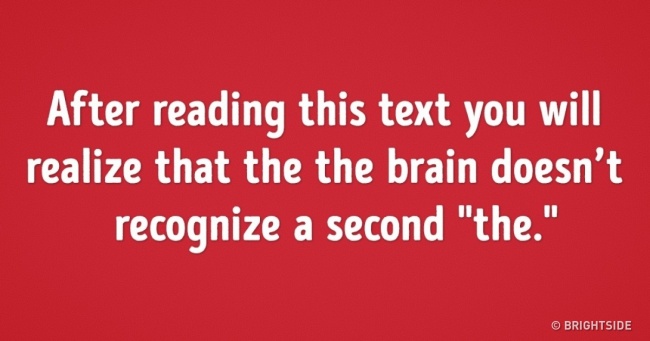
5 Insane Brain Paradoxes That Influence Our Life
The human brain is an amazing thing. Modern scientists argue that its abilities haven’t been fully studied yet. Every day they have more and more unresolved issues. Yet even those few facts about the human brain we already know are amazing.
We at FunnyModo learned about 5 paradoxes of our brain that imperceptibly influence our life every day.
Orwell’s Paradox
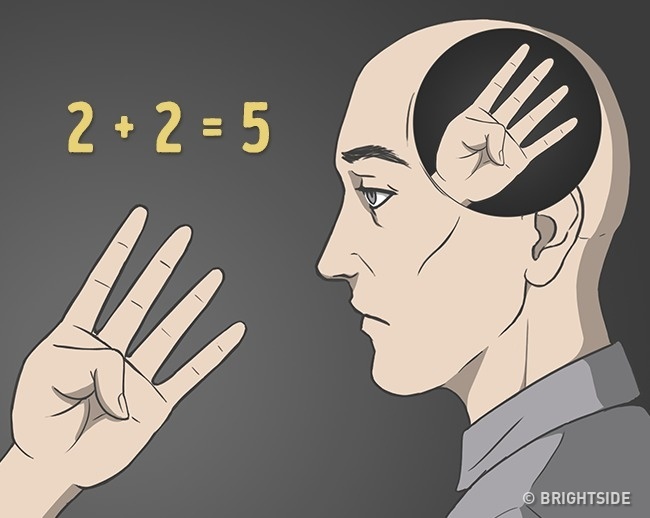

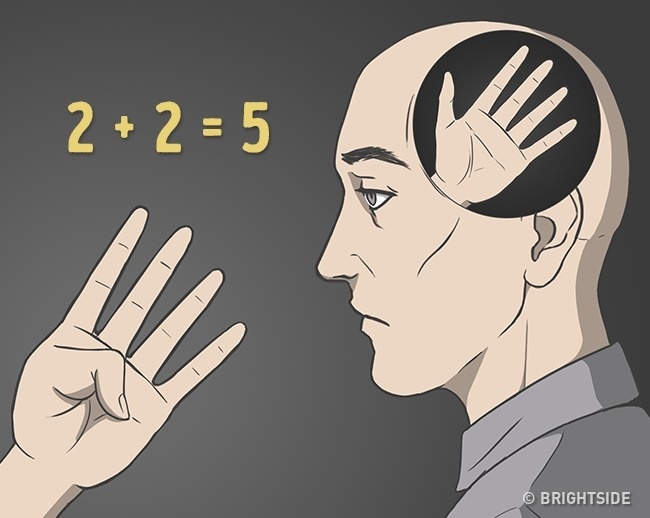

George Orwell studied how language affects our thoughts. In his novel 1984, the most horrible places had beautiful names, like “Ministry of Love“ or ”JoyCamp.” This made the book characters believe that disgusting things were beautiful. The language in which all the concepts meant absolutely opposite things was called newspeak.
It seems this could only happen in an anti-utopian novel, but Orwell warned that very soon we would begin to actively use newspeak. And it actually happens: for example, when we look at ads in which reality is too embellished with pretentious and beautiful phrases. Often our brain receives information from the language and believes it, even if it’s actually catastrophically far from the truth.
The Paradox of Value
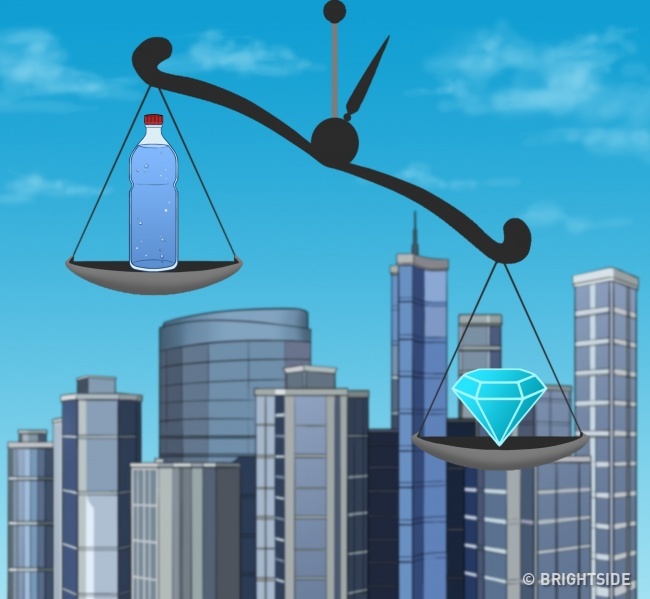

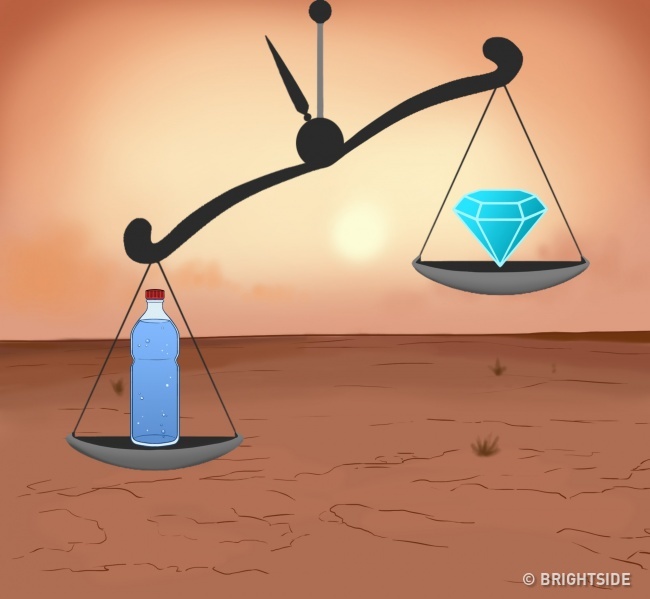

This term first appeared in economics, but now it’s increasingly used in a variety of fields.
Try to answer this question without a moment’s hesitation: What’s more valuable — a diamond or a glass of water? Anyone will respond that a diamond is undoubtedly much more valuable. However, if you ask a person who has spent many days in a lifeless hot desert, they’ll most likely say that no matter how much a diamond costs, the water is much more valuable to them.
This paradox proves that all our passions and predilections were formed under the influence of the surrounding world. All our dreams can change at any time if we, for example, move to another city or get into a new environment. It’s worth pondering: are you 100% sure of the things that are valuable to you?
Kafka’s Paradox
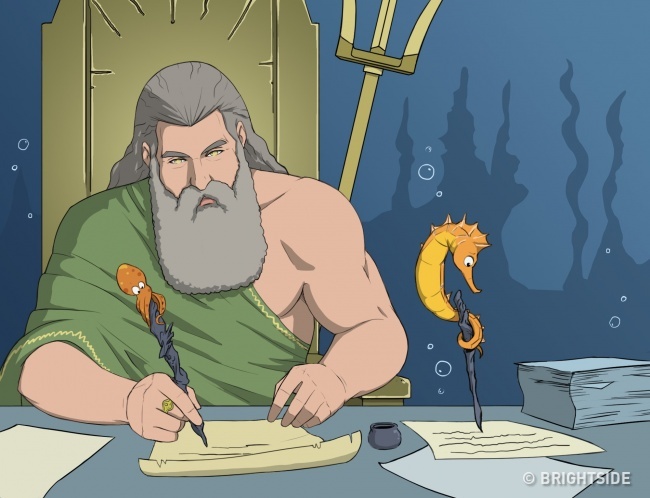

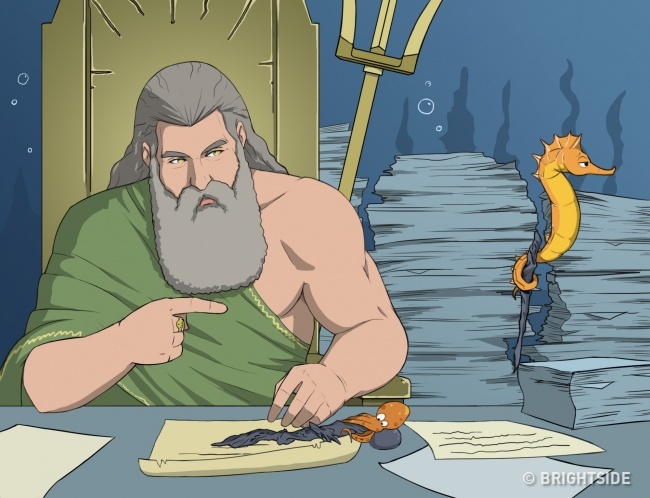

In Poseidon by Franz Kafka, the king of the underwater world was constantly sitting at his table making various calculations. There was so much bureaucratic work that the lord of the oceans couldn’t free himself from it for even a moment to really start ruling his kingdom.
Of course, Poseidon could have assigned the clerical work to someone else, but he didn’t believe someone else could handle it. Thus, he became a prisoner of his own ego, considering himself the most intelligent king, but in fact not being one.
And now let’s think: how often do we give up real life because we think no one can cope with small issues better than we can?
The Paradox of Unanimity
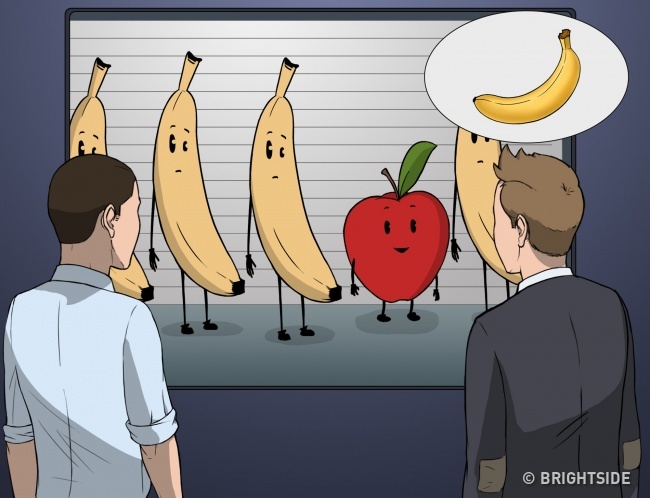

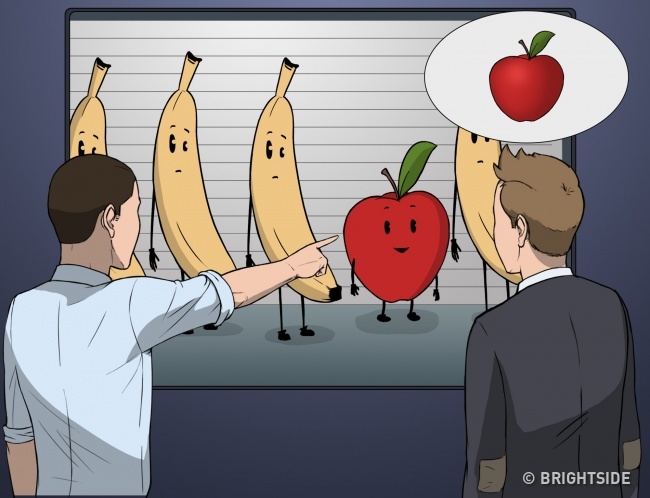

This paradox is often recalled during the investigation of intricate crimes. And it sounds like this: the more people unanimously agree on one opinion, the more likely this opinion is mistaken.
The thing is, our brain works like this: we constantly unconsciously agree with the opinion of the majority. Suppose you went to identify a criminal, and you’re 100% sure you know which of the suspects committed the crime. However, all the other witnesses immediately point to another person. Most likely, in this case, you won’t just agree with them — you’ll be absolutely sure you’re doing the right thing. After all, the crowd cannot be wrong.
Plato’s Paradox
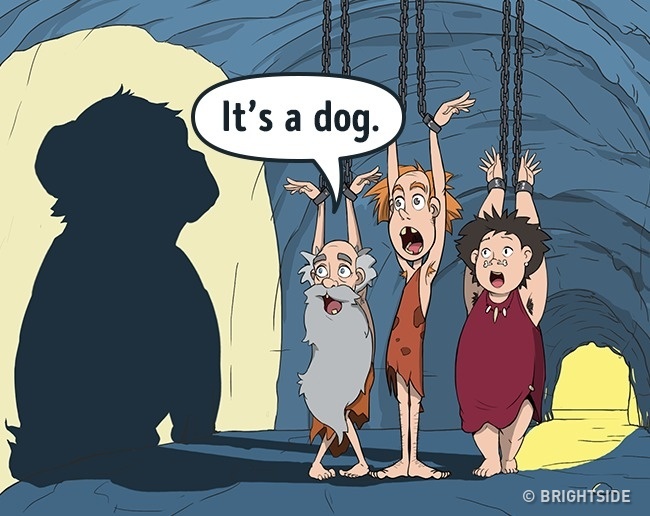

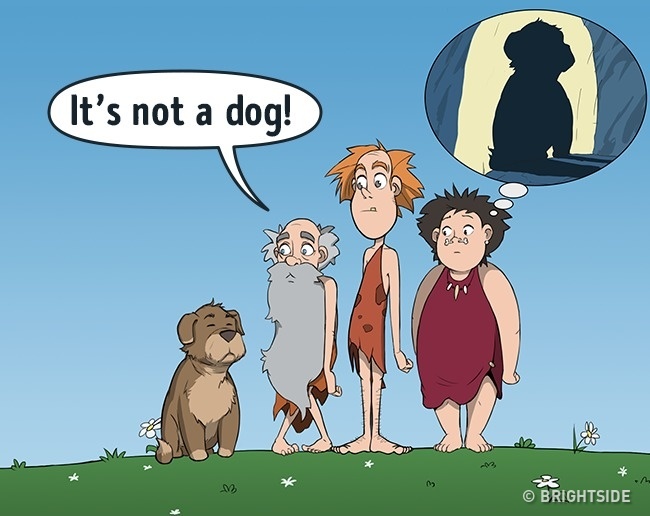

This fable was invented by the philosopher Plato to show how stupid and ignorant human beings can be and how hard it is to fix this.
Imagine prisoners who have been living in a dark cave since their birth. All they see are shadows appearing on the wall of the cave. They give names to all the dark figures. They call the shadow of a tree a “tree,“ and the shadow of a dog is a ”dog.”
If once the prisoners find themselves free and see a real tree and a real dog, they won’t believe these strange things are really a tree and a dog. Thus, they forever become prisoners of their own life experience.
Illustrator Marat Nugumanov for BrightSide.me

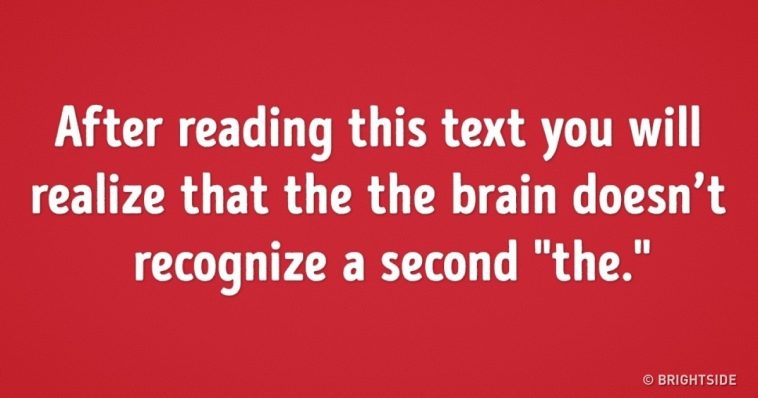



Comments